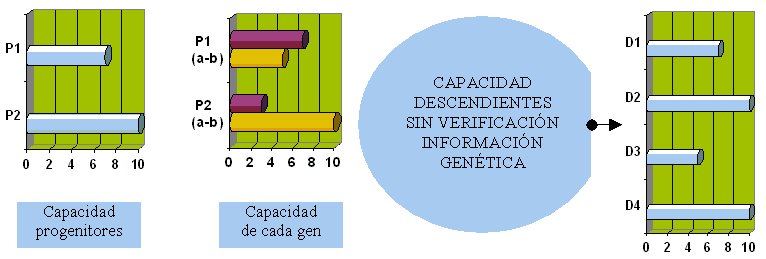|
| |
I consider the results of the statistic study, included in MeMint, with the longitudinal data of the Young Adulthood Study, 1939-1967 to be conclusive about the genetic influence on intelligence (r2 till 0,99), the significance of the less powerful gene, important functionalities of the sexual diversification and about the existence of a teleological evolution. |
|
| |
|
|
||||||
|
|
|
Translate Last update: September 2002 |
GENERAL THEORY OF THE CONDITIONAL EVOLUTION OF LIFE |
||
|
||||||
|
||||||
|
|
|||||
|
||||||
|
|
|||||
|
||||||
|
|
|||||
|
||||||
|
|
|||||
|
||||||
|
|
|||||
| ||||||
|
|
|||||
|
||||||
|
|
|||||
|
||||||
|
|
|||||
This is a translation of a reduce version of the GTCEL e-book. (The full version is in Spanish) |
|
NOTE: The model of the inheritance of intelligence has been validated using the longitudinal data set of the Young Adulthood Study, 1939-1967.
|
|
It is necessary to indicate that the hypothesis of verification of the received genetic information (VGI) can be supposed in a negative form and would result to a reformulation of the model to be able to contrast the data. Both assumptions comprise of the same theory of the evolution and they would take place of simultaneous form for different capacities. |
|
It would not be surprising that the capacity related to the language, that has the characteristic to admit errors and approaches, were consequence of the same genetic information but under the assumption of not external verification. In other words, our brain would be developed for the capacity of the language with the information of both ancestors without requiring the confirmation between both. Something similar could happen with the intuition that sometimes is well known to be very powerful but one can not be certain about it. |
|


